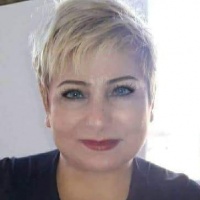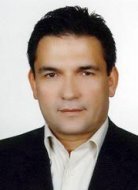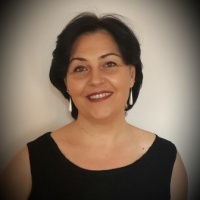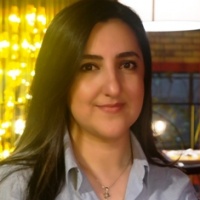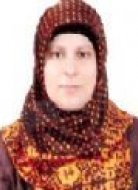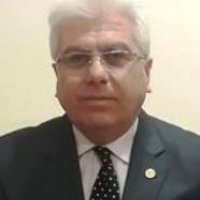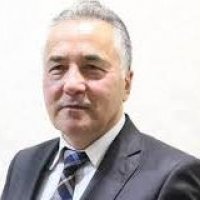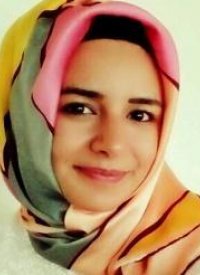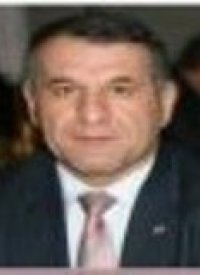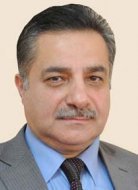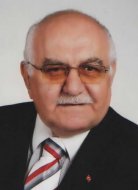Sevil Erkuş - Hürriyet / Istanbul, April 29 () - An unofficial Turkish delegation arrived in Crimea and began meetings on April 29 in order to examine alleged human rights violations against Crimean Tatars.
A route offered by Russia, which has symbolic significance owing to the Russian annexation of Crimea, won out as the travel plan of the delegation despite the recent diplomatic row between Moscow and Ankara.
The Turkish delegation traveled to Crimea through Moscow after long discussions between Turkey and Russia over the route, with Ankara concerned about implying recognition of the Russian’s control in Crimea by using Russia as a transfer point.
The delegation of six, headed by former Justice and Development Party (AKP) lawmaker and professor of constitutional law Zafer Üskül, planned to meet Crimean President Sergey Aksenov, officials from Crimean Tatar broadcaster ATR, a Crimean mufti and representatives of civic society on April 29.
Ankara has intentionally formed a delegation consisting of retired politicians and academics including Prof. Dr. Abdullah Gündoğdu from Gazi University, Prof. Dr. İbrahim Kaya from Dokuz Eylül University, Dr. Ayşegül Aydıngül from ODTÜ and Dr. Yakup Levent Korkut from Medipol University, so as not to recognize the region’s disputed administration.
Kyiv urged the delegation to arrive at the peninsula via Ukraine, while Moscow insisted on a route through Russia.
During a visit by Russian President Vladimir Putin to Turkey last year, Ankara proposed to send a delegation to the peninsula to evaluate the situation of the Crimean Tatars.
Shortly after former Ukrainian President Viktor Yanukovych’s ouster from power in 2014, Russia installed a new local government in Simferopol and declared a referendum on Crimea’s political future.
‘Genocide’ crisis
The peninsula opted for annexation by Russia in the referendum, but the vote was not recognized by Kiev or Western powers.
Since Russia’s seizure of the peninsula, Turkey has sought to maintain a balanced policy on Crimea so as not to derail its relations with Moscow, although Ankara has openly declared that it will not recognize the annexation.
Most recently, Turkey reacted to Russia, along with Germany and France, over the wording their leaders used in remarks about the killing of Armenians at the hands of the Ottoman Empire in 1915, with Turkish President Recep Tayyip Erdoğan saying these countries should look at their own history first.
Turkey said on April 24 that it rejected and condemned Putin calling the 1915 mass killings of Ottoman Armenians “genocide.”
Turkey also condemned the Russian Duma’s April 24 resolution that described the 1915 events as “genocide.”
“Taking into account the mass atrocities and exiles in the Caucasus, Central Asia and Eastern Europe committed by Russia for a century, including collective punishment methods such as the ‘Holodomor’ as well as inhumane practices especially against Turkish and Muslim people in Russia’s own history, we consider that Russia is best-suited to know what exactly is ‘genocide’ and its legal dimension” a foreign ministry statement said.






